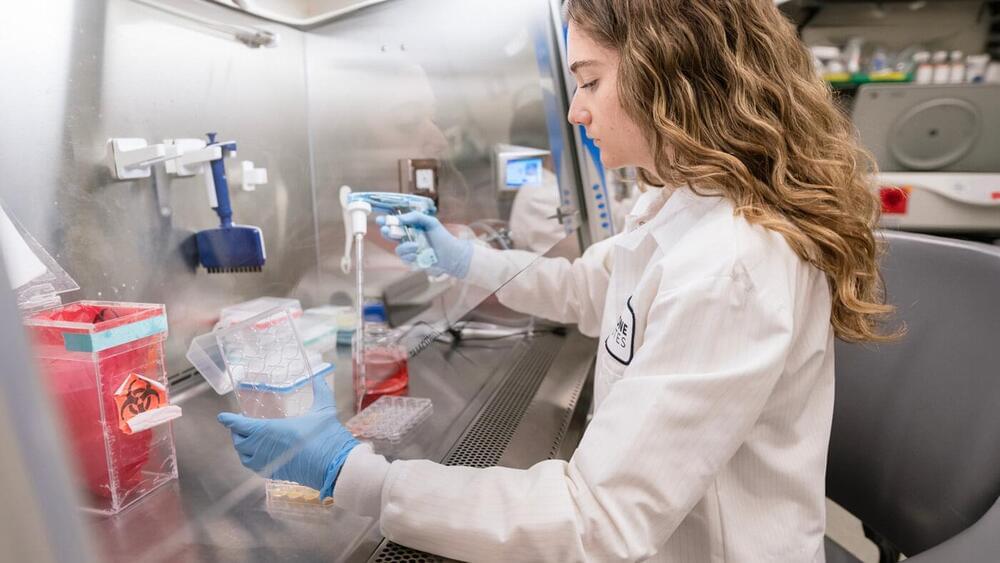Cells in the immune system don’t always fight; they often rest and wait for threats, like viruses or bacteria. When such threats emerge, the cells activate to defend the body. This delicate balance between rest and activation is crucial to our health—immune cells must be poised for activation to protect against threats, but if they’re overly active, autoimmune diseases can result.
But what controls this important balance?
In a new study published in Nature, scientists from Gladstone Institutes and UC San Francisco (UCSF) focused on T cells—which serve a vital role in the immune system—and pinpointed how a network of different proteins controls rest and activation.
